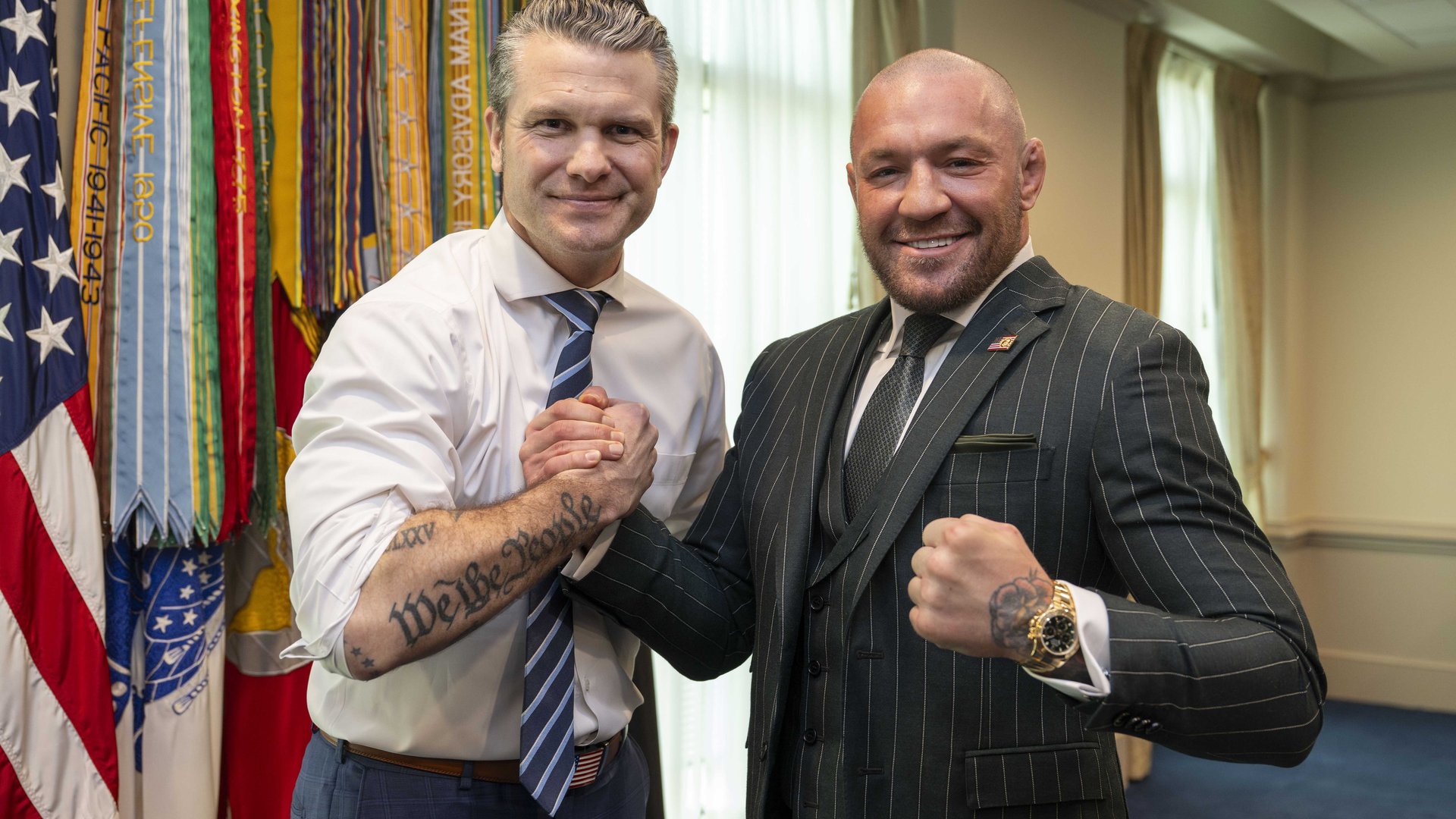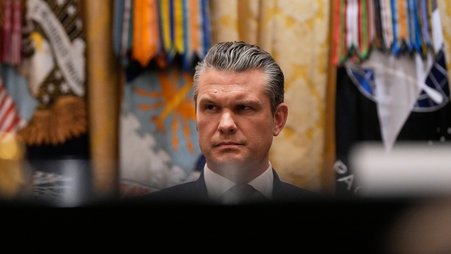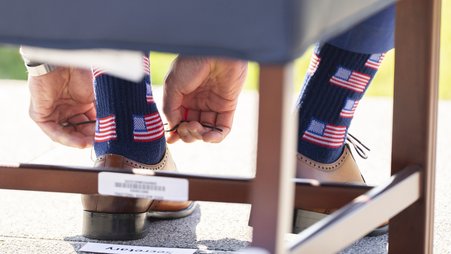FOR IMMEDIATE RELEASE:
The Washington Post reported today that officials plan to require Pentagon reporters to pledge not to gather or report any information that the government has not authorized for release, whether classified or unclassified. Violators risk having their press credentials revoked.
Freedom of the Press Foundation (FPF) Director of Advocacy Seth Stern issued the following statement:
“The Supreme Court has made clear for decades that journalists are entitled to lawfully obtain and publish government secrets. That is essentially the job description of an investigative journalist. The law is also clear that the government can’t require people to contract away a constitutional right, like the right to obtain and publish secrets, in exchange for a benefit, like access to government buildings or press credentials.
“This policy operates as a prior restraint on publication, which is considered the most serious of First Amendment violations. As we learned in the Pentagon Papers case, the government cannot prohibit journalists from public information merely by claiming it’s a secret or even a national security threat. This is worse in a way, because the government isn’t only seeking to restrain specific documents it contends pose a unique threat, it’s seeking to restrain everything it doesn’t want the public to know. That is fundamentally un-American.
“In the meantime, journalists will need to decide whether they’re so dependent on physical access to the Pentagon that they’re willing to trade away their independence to retain it.
“I hope they won’t, and will find other ways to gather news. Agreeing not to look where the government doesn’t want you to look and, by extension, not to print what it doesn’t want you to print, is propaganda, not journalism. Caving to these kinds of demands would in some ways be the most outrageous capitulation yet, and there are plenty to choose from.
“Virtually every time this administration (and past ones) has tried to justify secrecy by claiming it’s protecting national security, its real agenda turned out to be saving itself from embarrassment or from having its lies exposed. There is no reason to think this is any different. Perhaps there are so many embarrassing documents at this point that it’s too difficult to keep finding bogus reasons to keep each of them secret. Maybe that’s why the administration is taking more of a wholesale approach to concealing records that may show wrongdoing, corruption, and incompetence.”
Please contact us if you would like further comment on the dangers this policy poses to press freedom in the United States.





